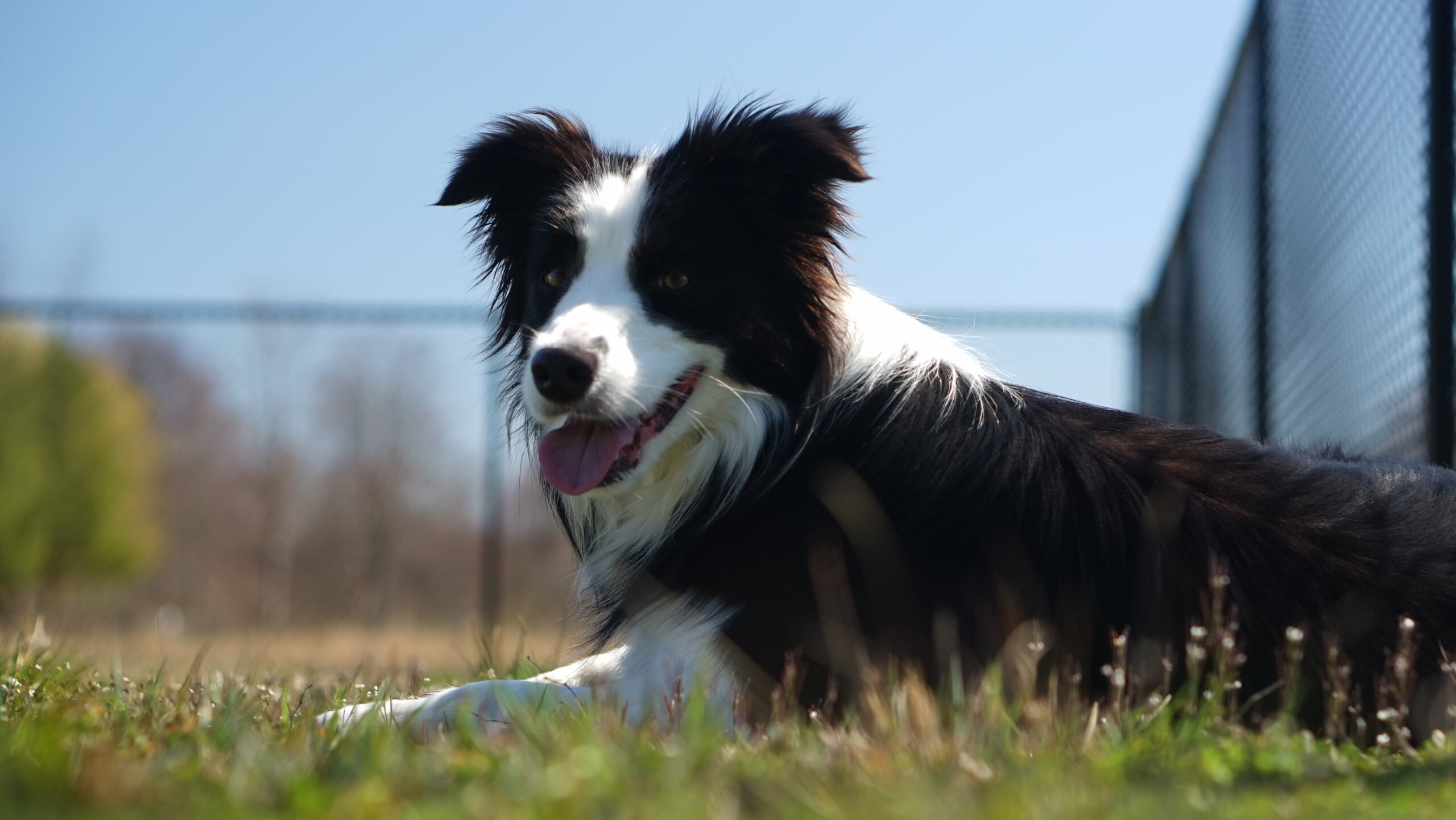Did you know that dogs can suffer from allergies like humans do? As much as we love our furry friends, seeing them suffering from seasonal allergies can be heartbreaking. Like humans, dogs can experience sneezing, runny noses, and itchy eyes during the allergy season. But did you know that itchy skin is also one of the most common symptoms associated with dog allergies?
What are the symptoms of seasonal allergies for dogs?
Itchy skin, either localized (in one area) or generalized (all over the body), is the most common symptom associated with allergies in dogs. Some other symptoms to watch out for include:
- • Scratching and biting their coat or skin
- • Red, inflamed or infected skin
- • Excessive shedding
- • Compulsive paw licking
- • Sneezing
- • Runny or stuffy nose
- • Facial discomfort (from nasal congestion)
- • Coughing, wheezing
It is important to note that some of these symptoms could also be caused by other conditions, so make sure to take your dog to a veterinarian for a proper diagnosis.
What causes seasonal allergies in dogs?
Dogs can be allergic to a variety of things, including pollen, dust mites, and mold. Seasonal allergies in dogs are often caused by environmental allergens, such as grass and tree pollen, that are more prevalent during certain times of the year.
Can seasonal allergies be treated in my dog?
Once your dog has been diagnosed with seasonal allergies, your veterinarian can recommend the best course of treatment. Treatment options may include:
- • Antihistamines
- • Steroids
- • Allergy shots
- • Medicated shampoos and conditioners
You can also try to alleviate your dog’s allergy symptoms by preventing exposure to allergens. Here are some tips:
- • Wipe your dog’s feet, legs, and belly after going for a walk
- • Bathe your dog regularly with a hypoallergenic shampoo
- • Vacuum and dust your home frequently
- • Find alternative indoor play options during peak allergy season (similar to doggie daycare)
It is important to remember that seasonal allergies in dogs can be managed with proper treatment and preventative measures. With a little extra attention and care, your furry friend can be just as happy and healthy as over – year round!
